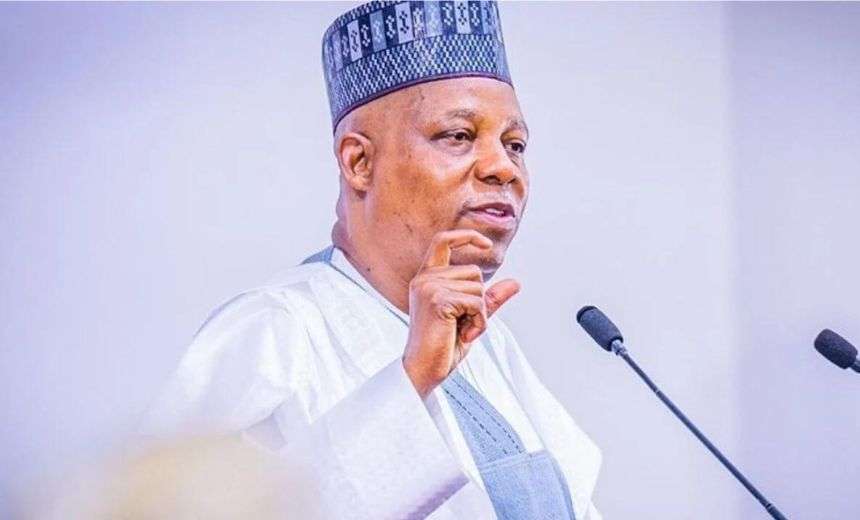Vice President Kashim Shettima has observed that Nigeria is witnessing a surge in reverse medical tourism, with patients from the United States and other countries thronging the nation’s hospitals to seek affordable and high-quality kidney transplants.
The Vice President attributed the choice of Nigeria for treatment to affordability and high-quality expertise within the country’s medical community.
Speaking during a courtesy visit by the Nigerian Association of Nephrology (NAN) at the Presidential Villa ahead of the association’s 37th Scientific Conference, VP Shettima stressed the need for further investments in specialised medical education to sustain this progress.
He said there is reverse medical tourism these days fundamentally because of the level of care at some of our hospitals, noting that thirteen patients from the United States came to Nigeria for kidney transplants at Zenith Medical and Kidney Centre because it is much cheaper here, and they receive the same level of expertise available anywhere in the world.
Shettima however noted the financial strain on patients, many of whom sell their homes or rely on government support to afford transplants.
The Vice President recalled healthcare initiatives he had embarked on during his tenure as Governor of Borno State, as well as the success of ongoing free maternal care programmes he introduced.
He also reiterated the need for Nigeria to build its medical workforce, noting that when he was in Borno State as Governor, he took 60 female students to study medicine in Sudan.
Dr. Olatise, who also serves as the Chairman of the Local Organising Committee (LOC) for the 37th Scientific Conference and Annual General Meeting of the Nigerian Association of Nephrology, said the conference with the theme, “Revolutionizing Kidney Care in Nigeria: Evidence-Based Innovations,” will take place in Abuja from February 19-21, 2025.
The association also announced plans to honour Vice President Shettima with the Kidney Champion Award in recognition of his advocacy and direct support for kidney patients, including funding immunosuppressants and proposing the establishment of a specialised laboratory for post-transplant care.
The conference is expected to attract over 600 participants, including Nigerian medical professionals based abroad, pharmaceutical companies, hospitals, and manufacturers of dialysis consumables.
Editor Paul Akhagbemhe








